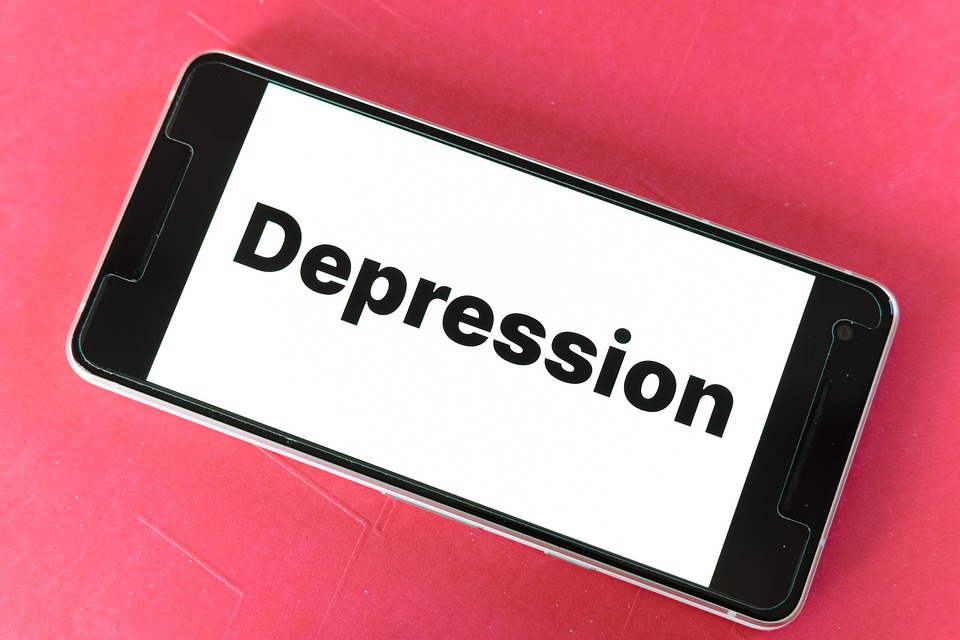Social Media Responsibility 101: A Guide to Ethical Online Behavior
As social media usage continues to grow, so does the need for responsible online behavior. Many individuals lack the knowledge and understanding of ethical online practices, leading to online harassment, cyberbullying, and other forms of inappropriate behavior. In this article, we will delve into social media responsibility and provide a guide to ethical online behavior.
Importance of Social Media Responsibility
Social media platforms have become a significant platform for communication, entertainment, and information-sharing. With millions of users worldwide, social media can influence people’s beliefs, opinions, and actions. Social media responsibility is essential to help prevent the spread of harmful content and to promote positive online behavior.
Ethical Online Behavior
1. Distinguish between public and private
When posting on social media, it is essential to understand the difference between public and private content. Private content should be kept private and shared only with the intended audience. Public content should be appropriate, respectful, and professional.
2. Be accountable
Social media users should take responsibility for their actions and comments online. They should not engage in negative or harmful behavior and should be accountable for their actions.
3. Respect others
Respect should be shown to all individuals regardless of their race, gender, religion, or beliefs. Social media users should strive to create a positive and respectful environment for all users.
4. Think before you post
Social media users should think and reflect on their content and its potential impact on others. They should avoid sharing inappropriate or harmful content that could cause offense or harm to others.
5. Be mindful of fake news
Social media platforms are a breeding ground for fake news and misinformation. Social media users should be mindful of the content they share and should verify the authenticity of the content before sharing.
6. Protect your personal information
Personal information should be protected at all times, and social media users should be cautious about sharing sensitive information online.
Conclusion
Social media responsibility is essential for ethical online behavior. It is crucial to be accountable, respectful, and mindful of the content we share and its potential impact on others. As social media continues to evolve, so should our understanding of the need for responsible online behavior.
FAQs
1. What is online harassment?
Online harassment refers to any unwanted, aggressive behavior directed at an individual through digital communication. It can involve threats, derogatory comments, or the distribution of harmful content.
2. How can I protect my personal information online?
You can protect your personal information online by being cautious about the information you share on social media platforms. You should also use strong and unique passwords, activate two-factor authentication, and be mindful of the websites and links you click on.
3. How can I report online harassment?
Most social media platforms have a reporting feature that allows users to report inappropriate behavior. If you are experiencing online harassment, you should report it to the platform’s customer service team.
4. What is fake news?
Fake news refers to false information presented as legitimate news. It can be spread through traditional media channels or social media platforms.
5. What can I do to promote positive online behavior?
You can promote positive online behavior by modeling positive behavior, respecting others, and reporting inappropriate behavior when you see it.






